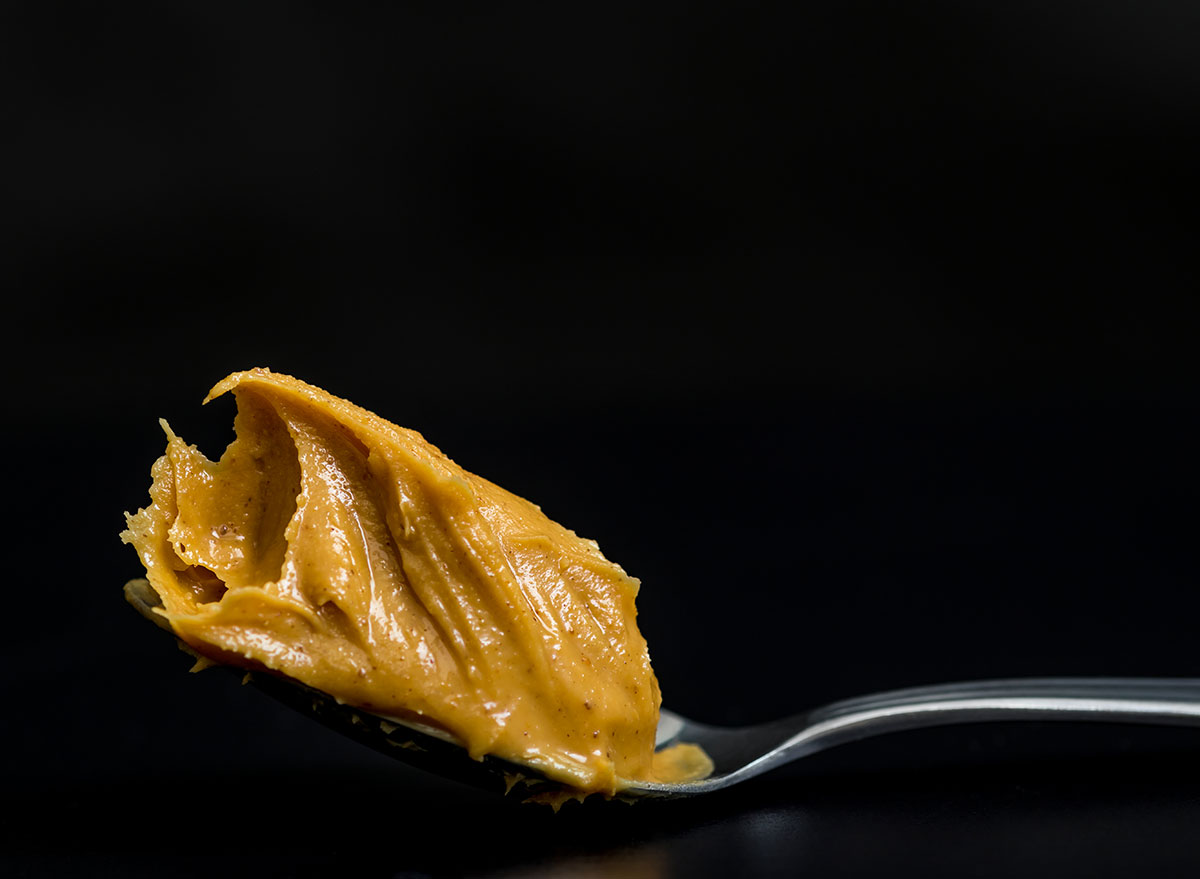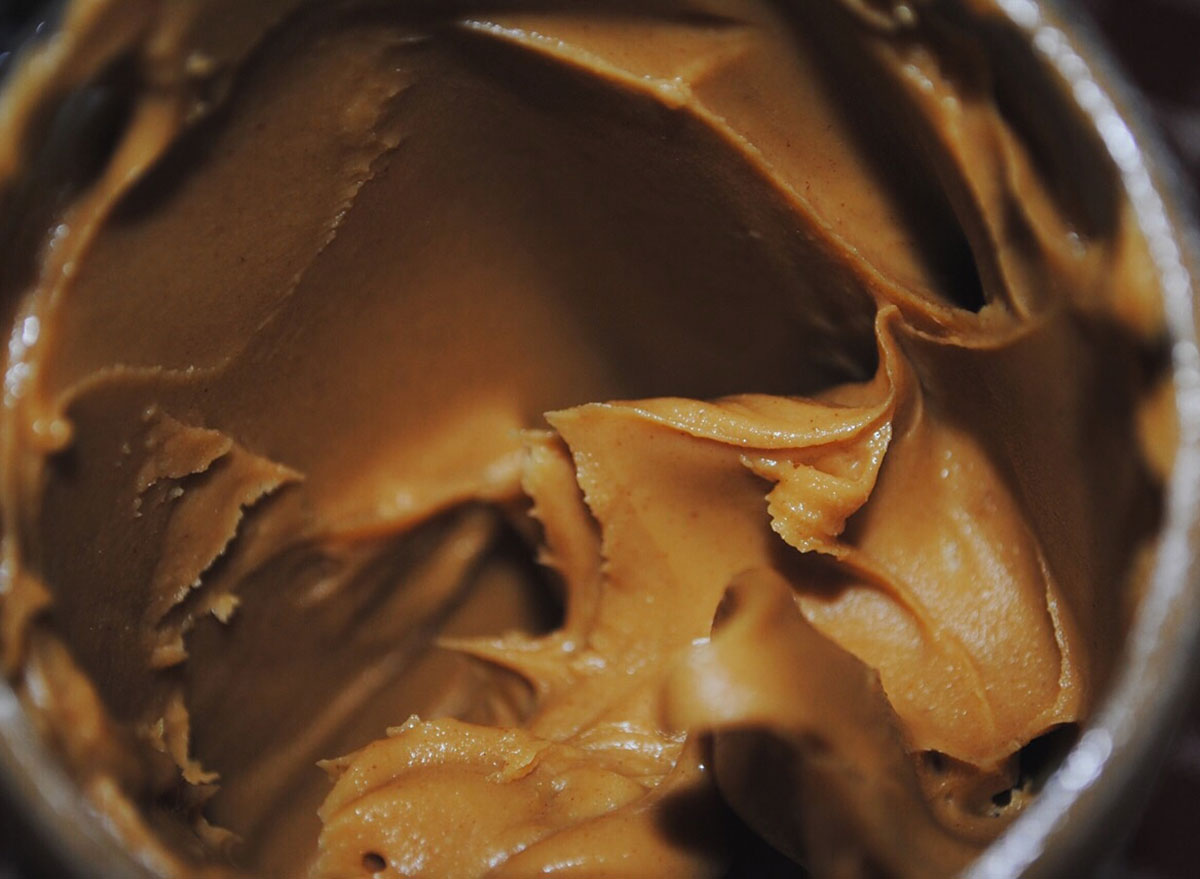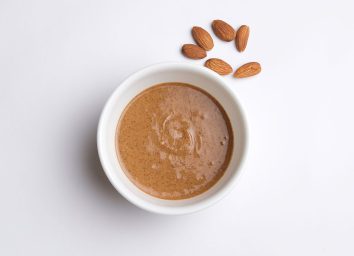This Is Why Peanut Butter May Help You Get Better Sleep, Research Suggests
When you’re looking for the perfect bedtime snack, what do you normally reach for? Maybe you prefer something cool like a bowl of cereal with milk or maybe you like something warm, such as a piece of homemade banana bread. No matter what you grab from either the fridge or the pantry, one thing is very important: The snack has to be satiating.
This is what makes peanut butter such a great option to eat before bedtime. The nut butter is both a good source of healthy fats and protein, both of which can help you stay full throughout the night. According to the USDA FoodData Central, just two tablespoons of a smooth style peanut butter (with salt) contains about 7 grams of protein and 15 grams of total fat.
Peanuts are primarily made of monounsaturated fats, which have been shown to help reduce the risk of heart disease as they can help reduce the harmful kind of cholesterol known as LDL. The nut is also rich in several minerals including iron, manganese, phosphorous, and magnesium.

It also contains a host of vitamins and amino acids that are known to help promote good sleep. For example, peanuts are a good source of vitamin E and one 2019 study found an association between low vitamin E intake, among other nutrients, and poor sleep patterns in women.
Peanuts are also a good source of an amino acid called tryptophan, which may help improve sleep quality. This is because your body requires tryptophan to produce two key sleep hormones: serotonin and melatonin.
So, if you’re looking for something to help tide you over until morning, a tablespoon of peanut butter on whole grain bread may be your new go-to. Research has indicated that eating nutrient-dense foods before bed can help prevent you from over-indulging at breakfast the following morning. It may even help regulate blood glucose (sugar) levels, too.
For more tips, be sure to read Over 60? This Is What Happens to Your Body When You Don’t Sleep Enough. Then, don’t forget to sign up for our newsletter!









